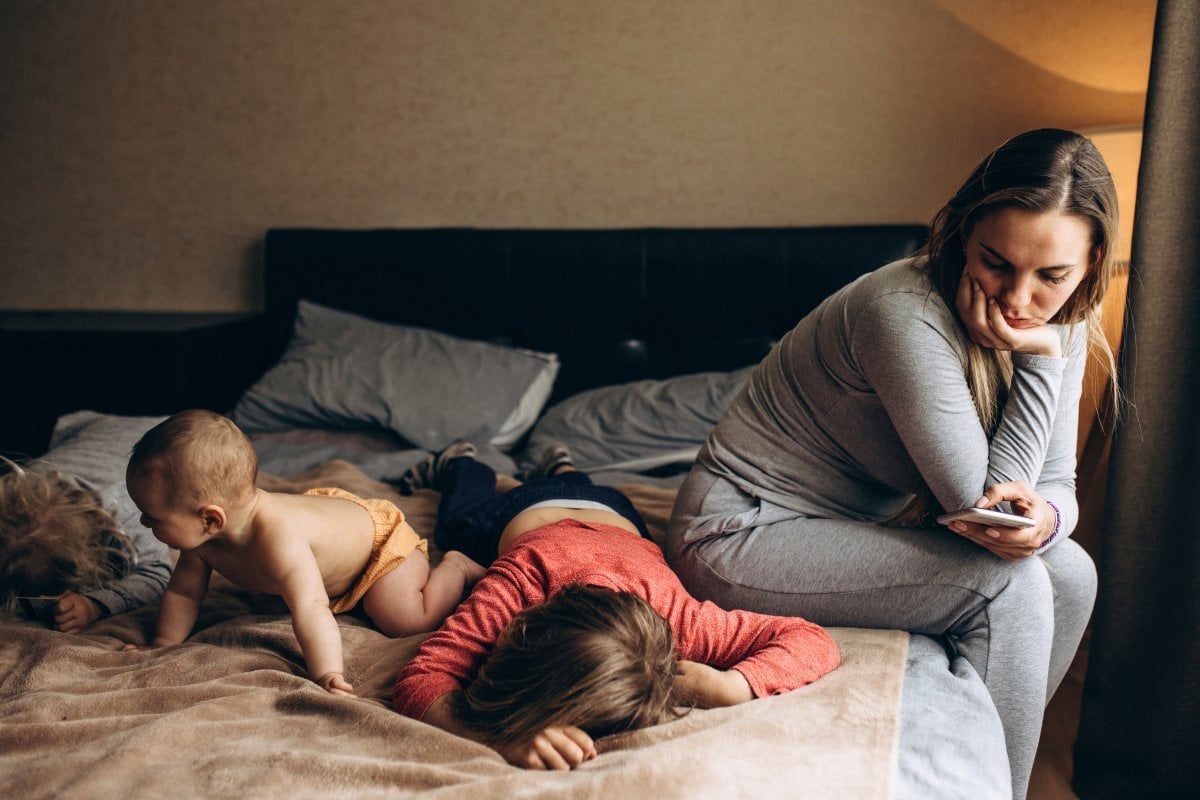
There is a huge amount of pressure on parents today – from feeding babies the "best organic purees" to making sure older children get all the developmental opportunities they can need, while of course documenting the whole thing on Instagram.
There is also no shortage of advice about how to go about this. Just as there is no shortage of debate about the "best way" to parent your child.
But what if parents just focused on being a "good enough parent" instead? You do not have to be perfect to do a good job of raising a child.
In fact, it may be better if you are not.
What is 'good enough parenting'?
We know parenting matters in a child's life. Research tells us parents influence their children's development, resilience and expectations of themselves and others. This determines their behaviour and wellbeing.
"Good enough parenting" theory was developed by UK paediatrician and psychoanalyst Donald Winnicott in the 1950s.
He found children actually benefit from mothers who "fail" them in some ways.
This does not mean parents can neglect or minimise their role in making sure children are safe where they live, learn and play. Children also need to have their emotional needs met. They need to know they are loved and feel a sense of belonging.
But good enough parenting recognises parental failure is an inevitable part of life. Experiencing sadness, tears and anger is part of childhood and parents should allow children to gradually tolerate some frustration. The good enough parent realises it is not possible to be available and immediately responsive all the time.


Top Comments